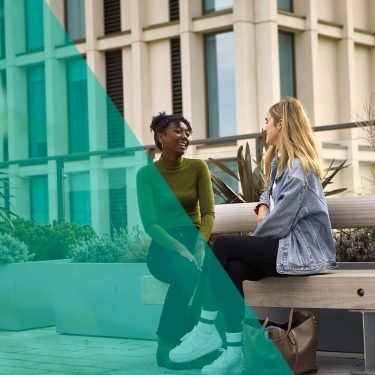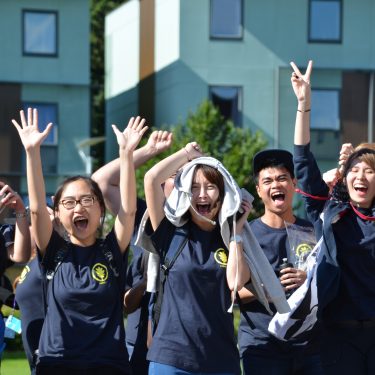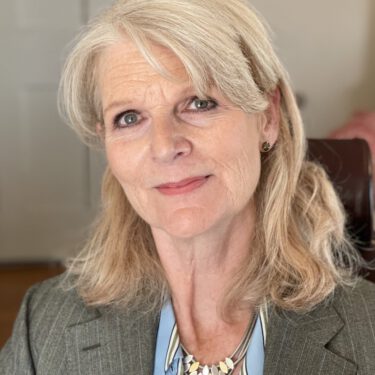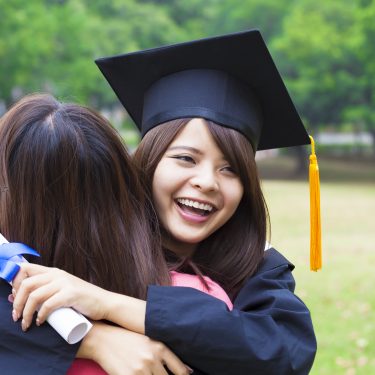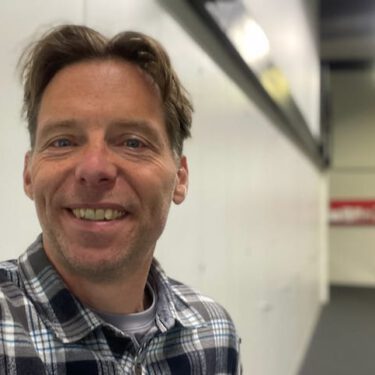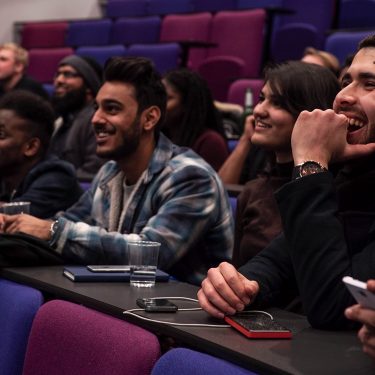This piece is contributed by Grit, a personal development and coaching programme that has worked with students and staff in more than 25 universities.
As Mary Curnock Cook said at the launch of the commission, the aspect of student life most affected by Covid has been “the loss of connections, and social learning and student development opportunities.” Poll after poll suggests that this loss of connection impacts wellbeing, confidence (including increased learning anxiety), motivation, attitude (and so retention), and long-term achievement and success.
Loneliness, isolation, a lack of sense of belonging: these issues are not new for many under-represented or disadvantaged students: mature students, first in family, international, part-time, commuter students or any student who finds the transition to university more difficult than most. The sudden switch from a highly structured life where there is always someone to look out for them can be traumatic (sound familiar?).
So then, Covid has highlighted something we at Grit have always known: that young people thrive when they feel connected, included, supported and when they have a sense of agency over their lives. Covid has brought home to everyone that without belonging, self-expression and connection, the university experience becomes an empty one. Covid has made crystal clear how essential it is to develop ‘the whole student’ as well as the academic.
For more than ten years Grit has been powerfully building these capabilities and qualities in non-traditional, ‘widening participation’ students as part of their university experience. Covid is an opportunity to put personal development firmly on the map as an integral part of the journey for ALL students.
What does this mean in practice? At Grit we unpick the assumptions that can limit, constrain or undermine the experience. There are the myths about university: ‘I’ll make friends for life’, ‘it’s all about having a good time’, ‘the first year doesn’t count.’ When reality doesn’t match up it can be completely debilitating – again, a familiar story over the last year. Grit looks at the relationship between expectation and reality, how this influences our listening, our behaviours, the choices we make and the way we respond.
Then there is the assumption that support is something you access when things aren’t going well. If you haven’t already got a support network in place then it might be too late and things spiral into crisis. Grit helps students pro-actively build connection and networks of support, make use of the support that is already there. We wouldn’t expect an elite athlete to manage without a coach, nutritionist or psychologist. Grit enables students to see support in this same pro-active and positive way.
We work on breaking free from the inhibitors of the past – the fear of judgement, the critical inner voice, the belief that ‘I’m just not good enough’ and, this year, ‘I can’t because of Covid.’ Less afraid, more prepared to push out of their comfort zone, students start to take control of their university life. Now, more than ever, students need a strong sense of self and personal agency.
And then there is the role of staff. Covid has put it squarely in the spotlight. All the polling tells us that what students missed most was quality time with tutors and support staff. Wellbeing, fulfilment, belonging are all affected by relationship more than anything else. It is so critical to engagement. The challenge for HE professionals now is to move from simply imparting information and argument, to engaging and supporting students as they re-create the university experience.
We work with academics and non-academic staff on raising the bar for student engagement: setting boundaries, the distinction between help and support, the unconscious limitations in their mind-set, belief-system and the ‘paradigm’ within which they operate. We look at effective listening and questioning, using a coaching approach, and recognising how to signpost to alternative support.
This is not about doing more: it is about staff having clear boundaries and intentions, about enabling students to be the drivers of their own university experience, about generating independence and resilience. And it is about getting better results with students.
Covid has vividly highlighted how critical it is for students to feel belonging, connection, agency. Now, as we go about re-inventing and re-imagining the university experience, there is a huge opportunity. An opportunity to challenge the sector to invest in emotional learning much more significantly. Let’s make sure we take it.
——-
This piece is part of the ongoing series of blogs and case studies that we will be publishing over the next few months. It represents the views of the author, and is part of the broad conversation the Student Futures Commission is facilitating.

